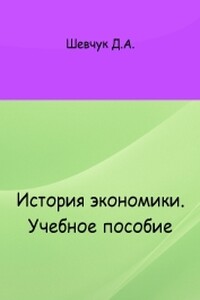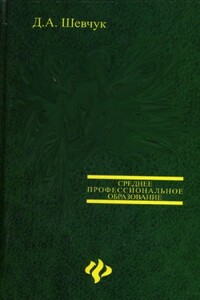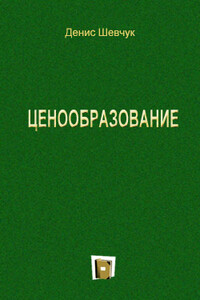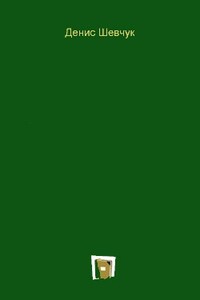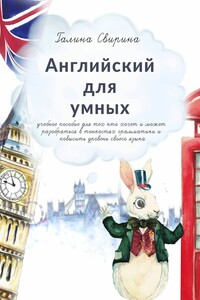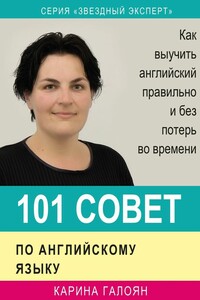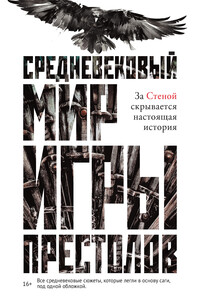Английский язык: самоучитель | страница 73
any, так и формы, начинающиеся с no.
There isn’t anything interesting downtown.
There is nothing interesting downtown.
There isn’t anyone at the zoo.
There is no-one (nobody) at the zoo.
8. Read the sentences. You are sure they are not true. Correct them.
Прочитайте предложения. Вы уверены в том, что это неправда. Исправьте предложения.
Example: There is nobody at the office after seven o’clock.
But there is! There is our boss at the office after seven. He never goes home before eight.
1. Oh, look! There is somebody in our caravan.
.......................................................................................
2. There is nothing interesting in our century.
.......................................................................................
3. The audience know nothing about the topic of my report.
.......................................................................................
4. You can’t add anything to this soup.
.......................................................................................
5. There isn’t anything boring about the flight.
.......................................................................................
6. Nobody can play soccer very well.
.......................................................................................
7. Your children have nothing interesting to do on holidays.
.......................................................................................
9. Make up sentences using the following words.
Составьте предложения, используя данные слова.
Example: anything, match
Do you eat anything after the match?
Nothing, swimming pool
Anyone, to build
Nobody, flight
Something, flight
Anything, studio
Anybody, tired
Something, weather
Somebody, century
FOCUS ON GRAMMAR
Активная грамматика
Was/were
Прошедшее время глагола to be – was/were
Глагол to be в прошедшем времени имеет следующие формы: was/were.
I was a student.
You were a student.
She was a student.
He was a student.
It was a student.
We were students.
You were students.
They were students.
Чтобы задать вопрос, глагол was/were выносится в начало вопроса.
Was she a student last year?
Were they in the audience room an hour ago?
Чтобы задать специальный вопрос, was/were ставится сразу за вопросительным словом.
Where were you on Sunday?
When was she at the soccer match?
При построении отрицательного предложения используется not в следующих формах: wasn’t (was not), weren’t (were not).
